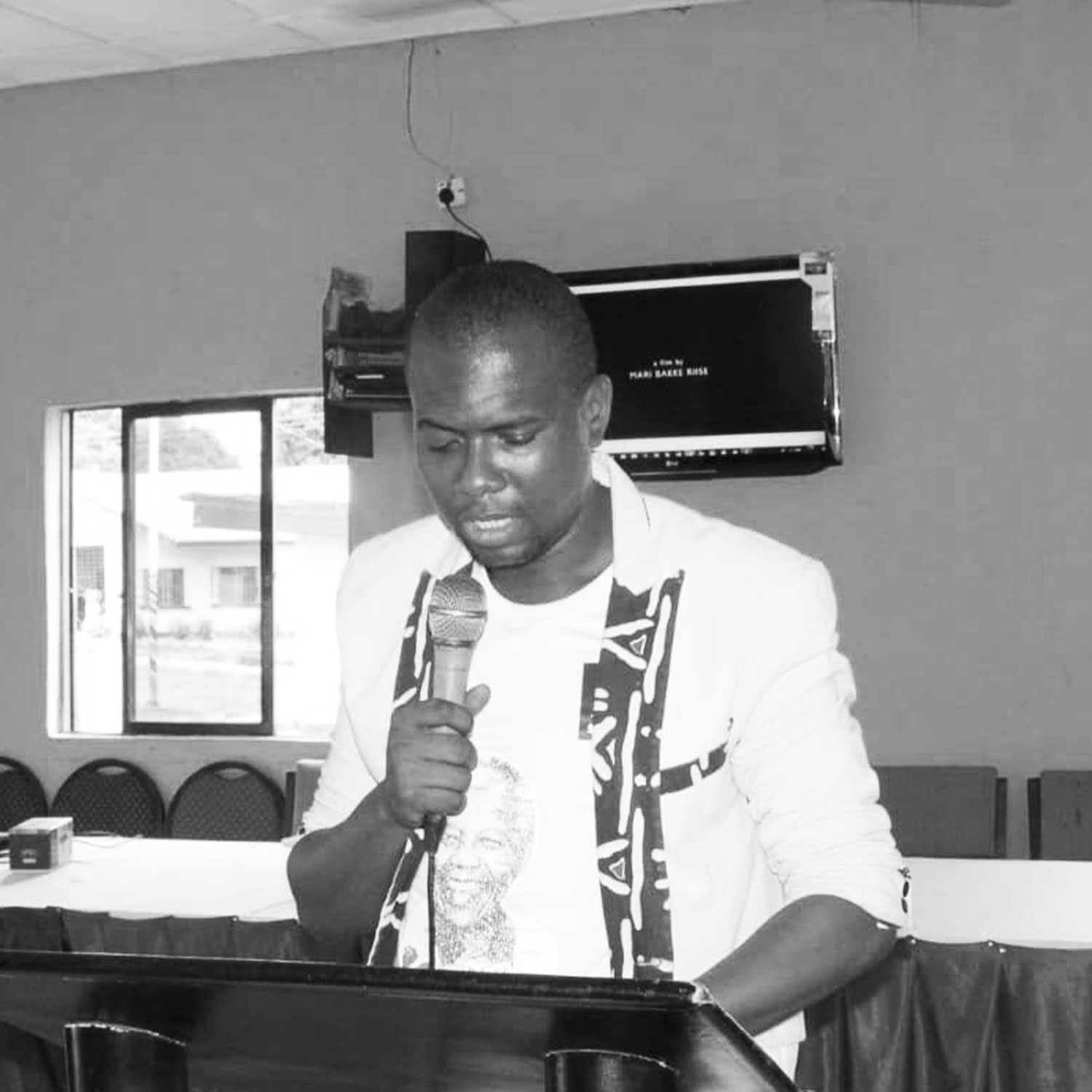
“If done right, film can be one of the most powerful tools to convey strong feelings to an audience. You can see faces, you can look in the eyes of characters, and you can feel their emotions as it changes the narrative, take for example, the movie Kayayo. This movie is like other movies in so many ways...it delivers a message, and has an objective. But it is also so different from all the other movies in that it is the potential vector of change with regards to Child Slavery and when it comes down to age dynamics, some of these girls are barely teenagers. Documentary films like Kayayo certainly have a power that is unmatched today.”
Chaste Inegbedion is a Changemaker and Associate Product Operations Manager of World Merit 360 based in Apapa, Lagos. For the SIMA SDG Challenge, Chaste chose to screen the film Kayayo, The Living Shopping Baskets for the Kirikiri Female Prison. This documentary is about Bamunu, an 8-year old girl who hasn’t seen her family since she was sent away from home two years ago to work as a Kayayo to support her family. In the capital of Ghana, 10,000 girls from the ages of 6 work as real life shopping baskets – called Kayayo. Through the film, he encouraged the audience to connect with Sustainable Development Goal (SDG) Number 1: End poverty in all its forms everywhere.
Why did you choose the SIMA Academy film Kayayo, The Living Shopping Baskets?
Padman Africa represents the foundation for low income Girls to break free from their cycle of period poverty and with this documentary we hope to shed light on the specific topic at hand through the personal journey of the main subject, Bamunu. Personally, when I was in Ghana some years back, I would occasionally visit the market in Accra and I remember seeing these young girls every time. I often wondered why they weren’t in school, why they were doing what they did, and why they didn’t bargain how much money was paid to them.
How did the screening meet your objectives for the overall event?
In honouring Tata Madiba’s Legacy to curb period poverty and advocate for ‘Disadvantaged Women’ as part of the Centenary Celebration of Mandela and Merit Day. This day (Mandela Day and Merit Day) was our most important day of the year in 2018 because it’s when we come together as ONE, ONE COMMUNITY and ONE WORLD. [SDG] Goal 1- No Poverty has been one of a strong agenda to curb period poverty by focusing on the Sustainable Development Goals (SDGs) and this screening provided the leverage to share in the personal journey of our subject (Bamunu) and our viewers (prison residents).
What were the main topics of discussion at the event?
Women and girls are generally vulnerable in “ordinary” situations. In comparison to their male counterparts, most women lack the physical strength or endurance necessary for escaping dangerous situations. Add the fact that some men think it amusing to exploit women sexually, and you have that entire conundrum as well.
The government pays relatively little attention to Northern Ghana, and the prospects for future economic opportunities are slim. As in most African countries, families pull together when it comes to finances, the audience expresses them on their abilities to make beads, design clothing items, and showcase their crafts to the director of LEARN who was ably represented by the former first lady of Lagos State. There’s also the element of societal pressure. For instance, if one Kayayo woman in Accra succeeds in sending some items or money back home, other women and girls living with their families might be regarded as “selfish” or “lazy” for not going south to do the same.
Please share a memorable moment during your event.
First of all, I think bringing awareness to the prison residents was a very good way to start, in all areas of life and around the world who had been arrested for various reasons, now marketplaces are beehives of activity, and that also means there’s a lot of vice. From pickpockets to full-blown thieves, to swindlers, you name it, they are all there. When you have young women and girls living, working, bathing, eating and doing practically everything else in the open market, they tend to fall victim to social vices. Robberies, gender violence, rape etc. are some of the things these women have to endure. The audience connected with the story on a personal note and the perception to leave the prison and be a better ambassador to advocate against these vices.